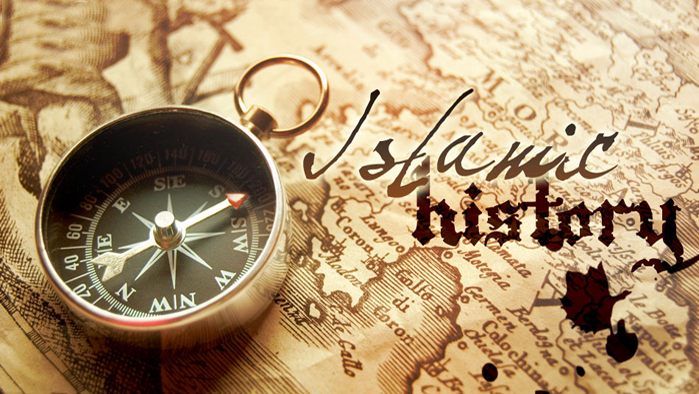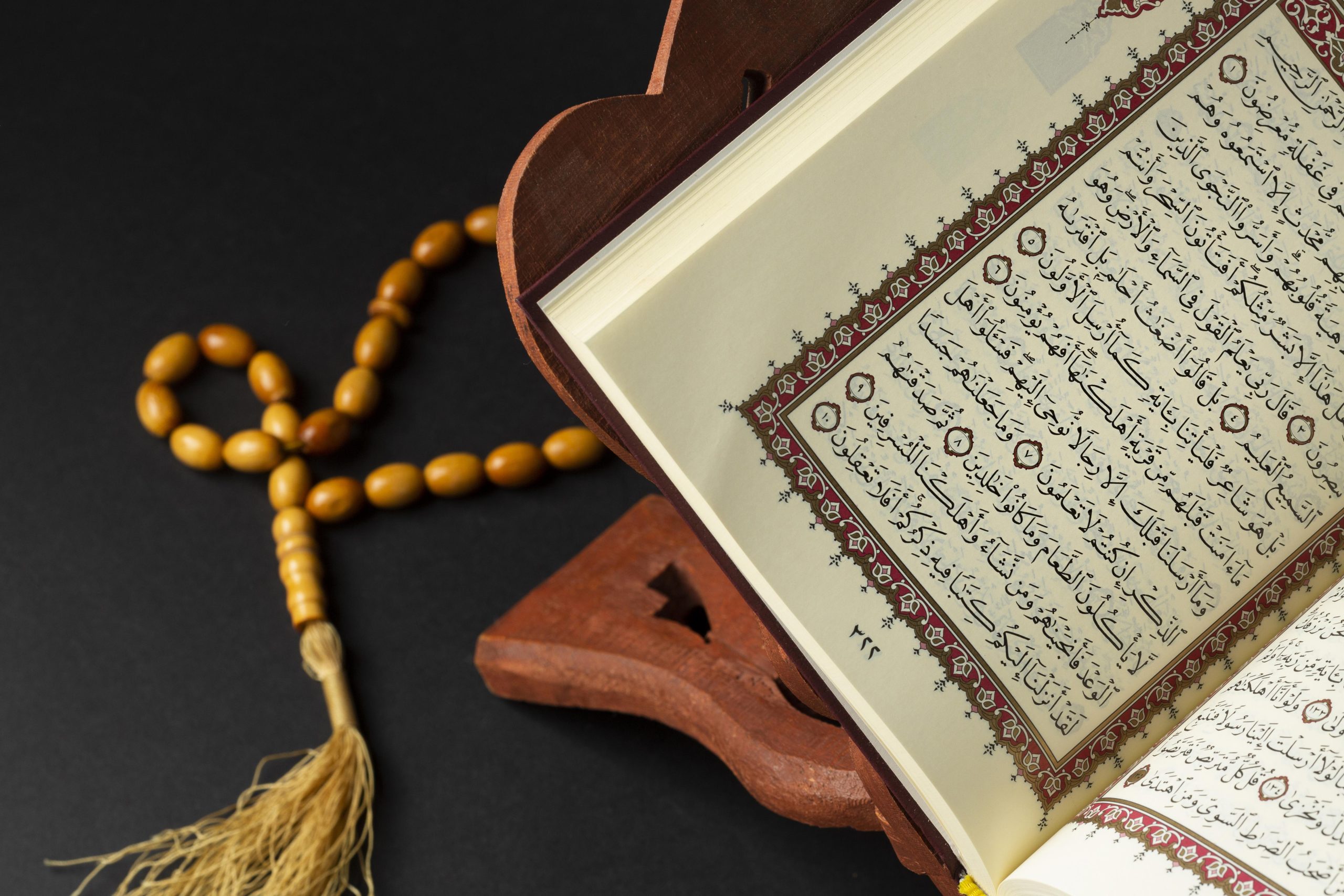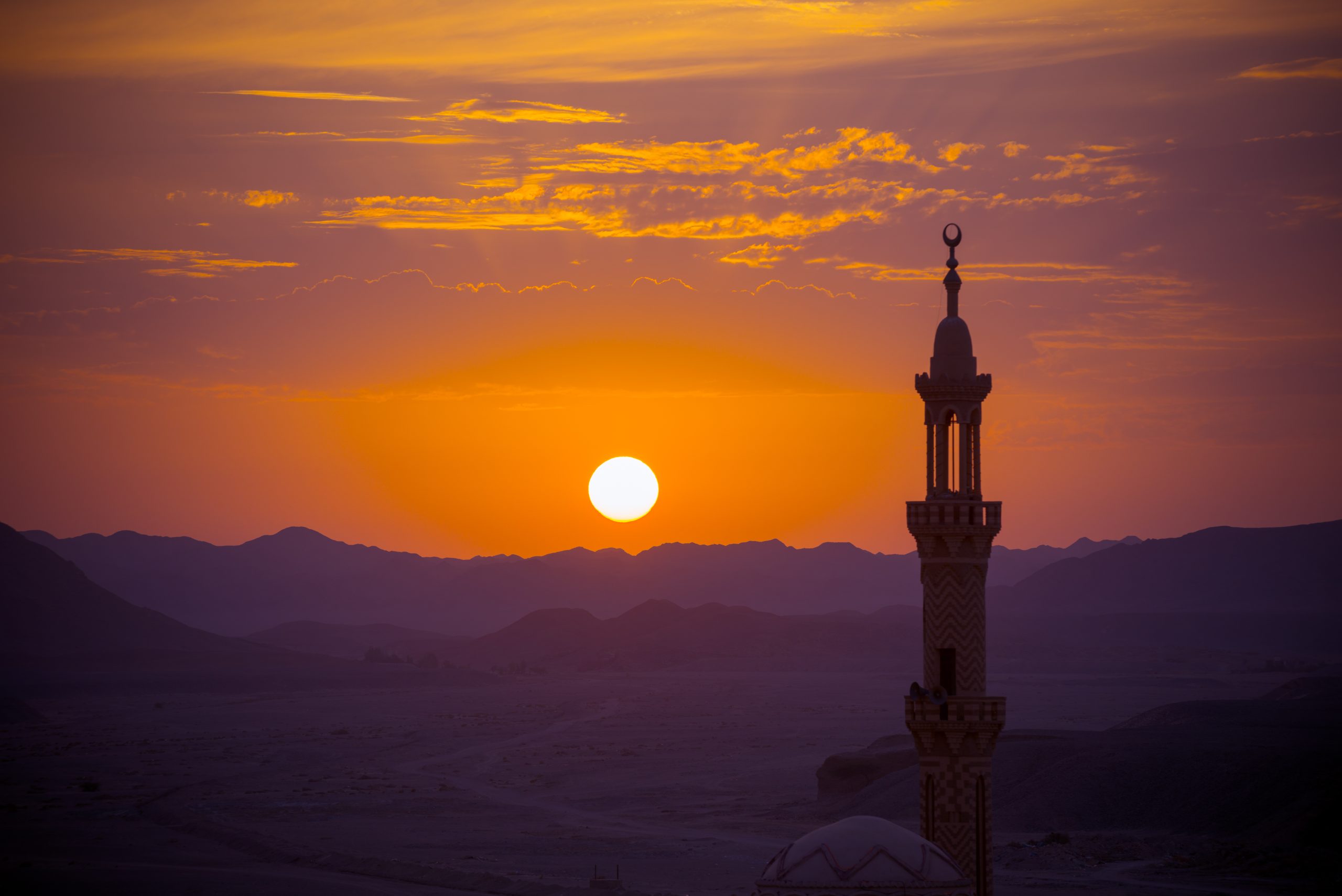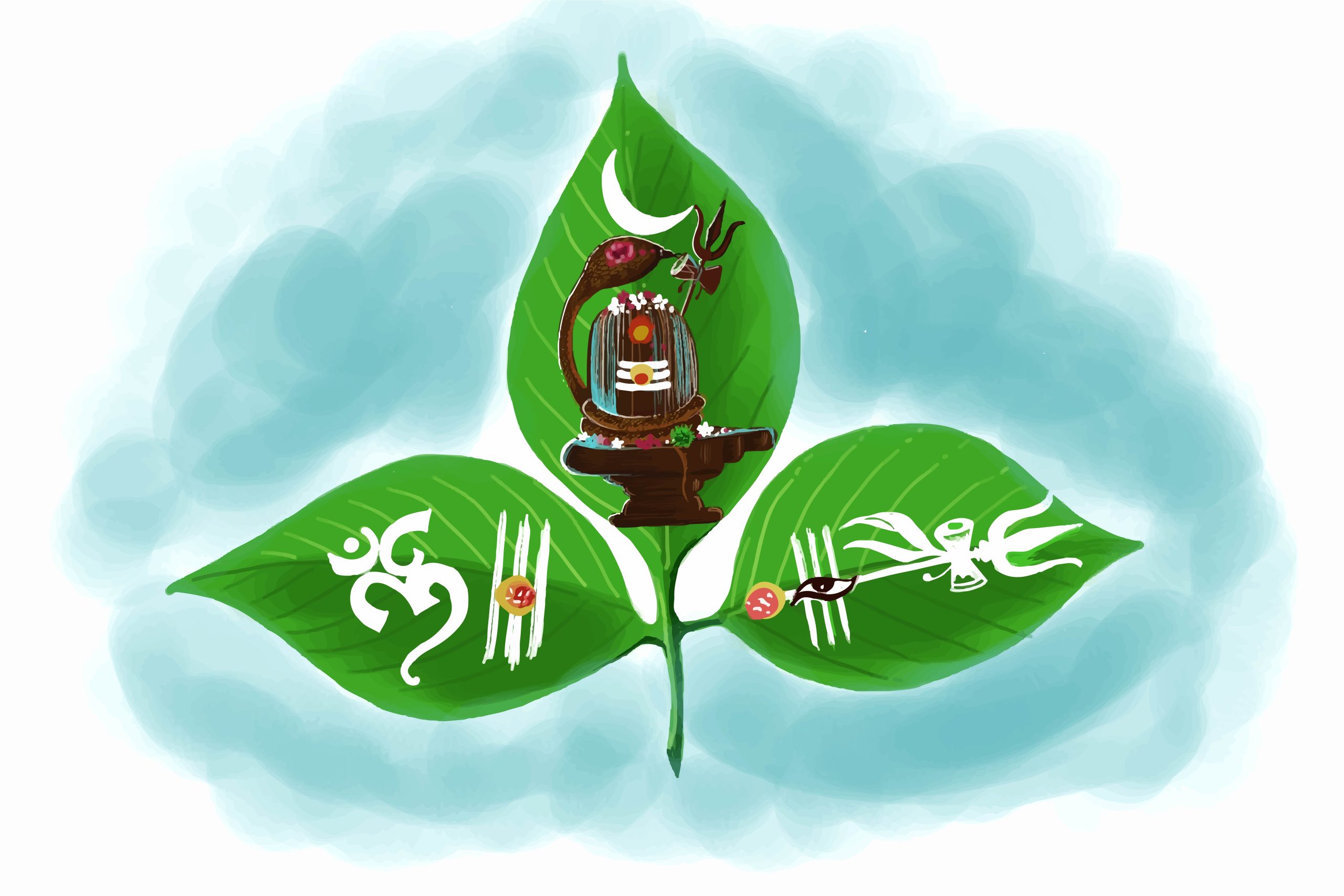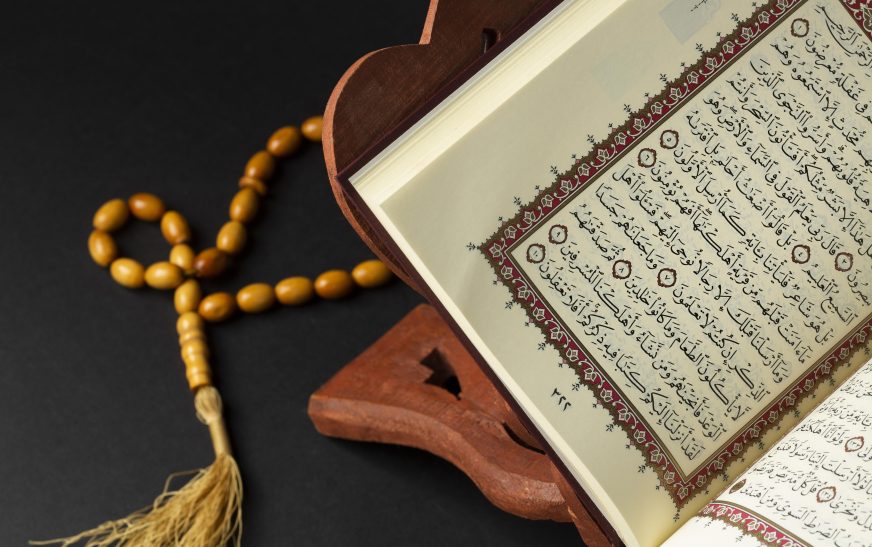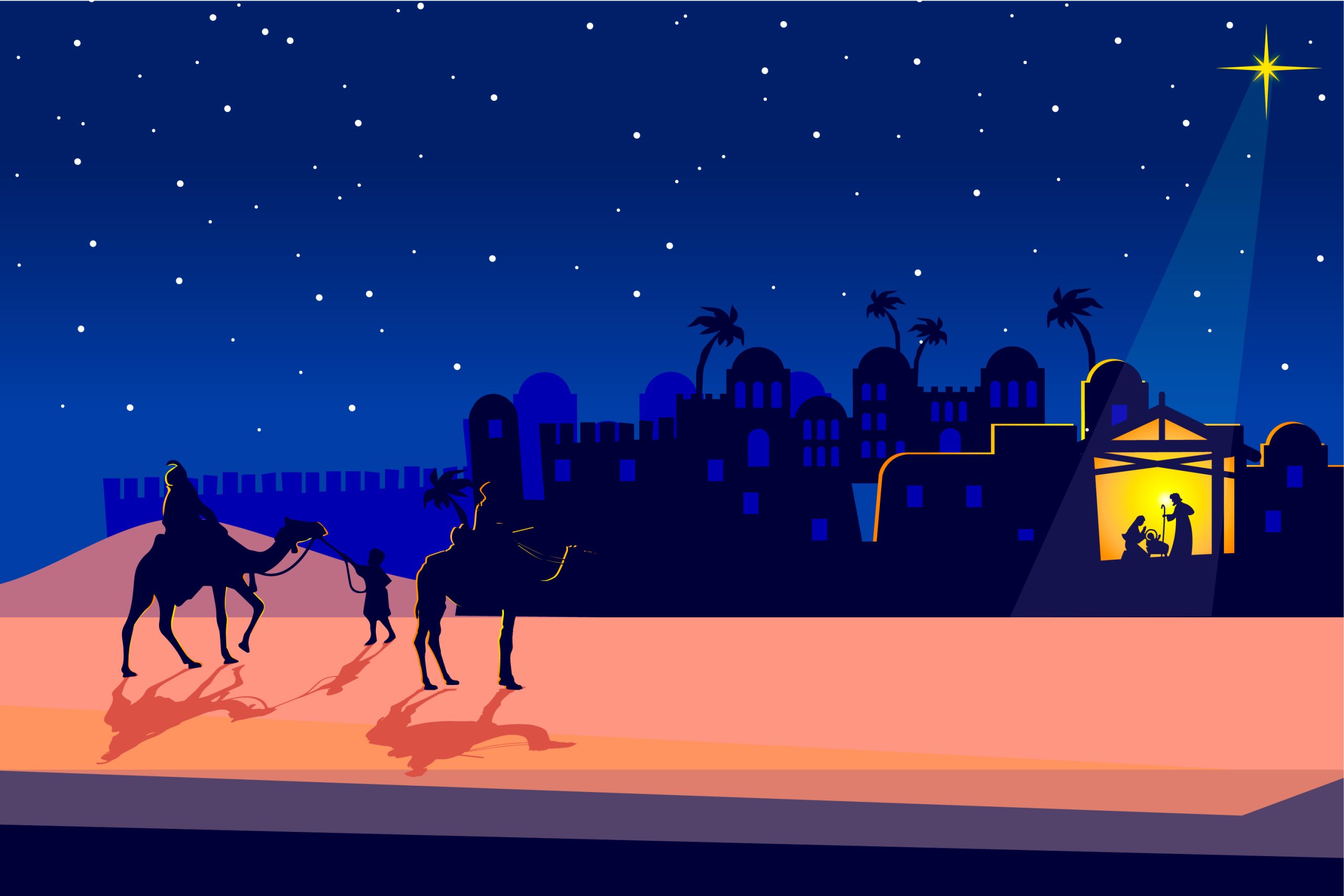Islam in the modern world encompasses a wide range of dynamics, challenges, and opportunities that shape the lives of Muslims globally. From social, political, and economic developments to cultural shifts and technological advancements, Islam’s role and impact in the modern era are multifaceted and complex.
One of the defining features of Islam in the modern world is its global presence. Muslims constitute a significant portion of the world’s population, with diverse communities spread across different continents, regions, and countries. This diversity within the Muslim ummah (community) brings together people of various cultures, languages, ethnicities, and socio-economic backgrounds, contributing to a rich tapestry of Islamic practices, traditions, and expressions.
In the realm of politics, Islam has played a significant role in shaping governance, policies, and geopolitical dynamics in Muslim-majority countries and regions. The concept of Islamic governance, derived from principles outlined in the Quran and Hadith, has influenced the development of political systems, legal frameworks, and institutions in nations where Islam is a dominant or significant cultural and religious force.
The relationship between Islam and democracy has been a subject of debate and exploration, with Muslim-majority countries adopting various models of governance ranging from secular to Islamic-oriented systems. The balance between religious values, civil liberties, human rights, and democratic principles continues to be a central theme in discussions about political reform and social progress in Muslim societies.
Economically, Islam has a rich tradition of ethical business practices, social welfare, and economic justice. Concepts such as Zakat (charity), Sadaqah (voluntary alms), and Islamic finance principles guide Muslims in conducting business, investing ethically, and addressing poverty and inequality. The growth of Islamic finance institutions, halal industries, and ethical investment funds reflects the integration of Islamic values into modern economic systems.
In the realm of social and cultural dynamics, Islam’s interactions with globalization, modernity, and technological advancements have led to both opportunities and challenges. Muslims engage with contemporary issues such as gender equality, human rights, environmental sustainability, and interfaith dialogue, navigating complex ethical and moral questions in light of Islamic teachings and principles.
The impact of media, communication technologies, and social media platforms has also transformed the way Islam is perceived, practiced, and discussed in the modern world. Muslims use digital platforms to connect, share knowledge, promote religious education, and engage in public discourse on a wide range of topics, from religious interpretation to social justice activism.
Challenges facing Islam in the modern world include Islamophobia, religious extremism, sectarian tensions, social inequalities, and political instability in certain regions. Addressing these challenges requires concerted efforts from Muslim communities, governments, civil society organizations, and international stakeholders to promote tolerance, mutual understanding, peacebuilding, and sustainable development.
Overall, Islam in the modern world is a dynamic and evolving phenomenon that encompasses diverse experiences, perspectives, and aspirations. Muslims continue to navigate the complexities of contemporary life while upholding the values of Islam, fostering positive contributions to society, and striving for a more just, compassionate, and harmonious world.

